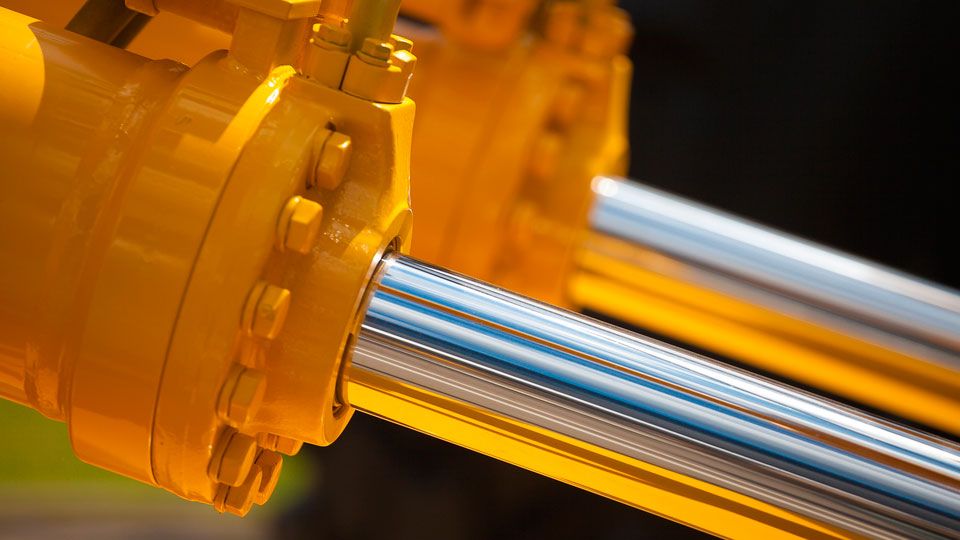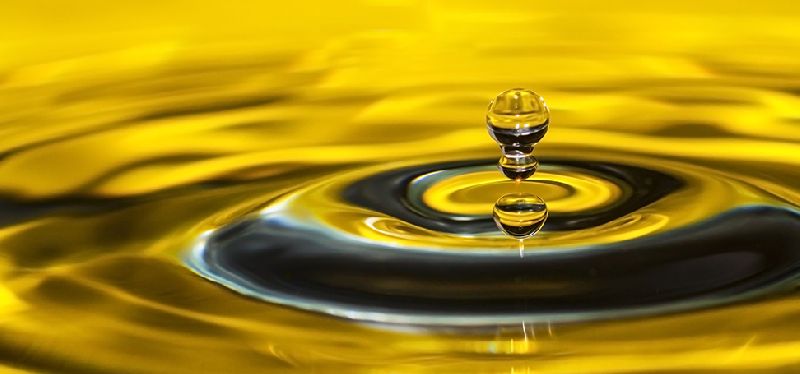
20 Sep What is Hydraulic Oil Oxidation?
Oxidation is the chemical union of oil and oxygen. This is one of the primary sources for decreasing the stability of hydraulic oil. When the reaction starts, an increase of rate in the chemical reaction happens due to the participation of an additional substance. In this article, we will be breaking down the significant contributors to oxidation.
Aside from that, polymerization and condensation produces insoluble gum, sludge, and varnish that can cause sluggish operations. It can increase wear, reduce clearances, plug lines, and valves. It is important to pay attention when it comes to hydraulic oil oxidation in order to prevent the damage of your equipment.
Whether you are using hydraulic oil for your small or large commercial business, here are some things you should know when it comes to hydraulic oil oxidation.
1. Temperature
This is the rate of chemical reactions including oxidation that doubles every 10°C (18°F) in temperature. The reaction may start at a local area where the temperature is high. Although, once it has started, the oxidation reaction creates a catalytic effect causing the rate of oxidation to increase.
2. Pressure
The fluid viscosity increases when the pressure increases. Similar when the operating temperature increases, the rate of oxidation increases. As the pressure increases, the amount of entrained air and associated oxygen also increases. This type of condition provides additional oxygen to accelerate the oxidation reaction.

3. Water and Metal
There are certain metals that are known to be catalysts for oxidation reactions, especially when water is involved. The viscosity and neutralization numbers increase due to the production of acids during the initial stages of oxidation.
4. Contaminants
Contaminants that accelerate the rate of oxidation may be dirt, moisture, join compounds, insoluble oxidation products and more. 1% sludge concentration in a hydraulic fluid is sufficient to cause the fluid to oxidize. In half the time, no sludge was present.
If the hydraulic oil darkens, smells burnt, or has sludge forms, this indicates oxidative degradation of your oil. Your hydraulic oil can be damaged by thermal oxidative degradation. Another form that could damage your hydraulic oil is accelerated by high bulk oil temperature in the presence of air.
By understanding how the hydraulic oil is handling the oxidation problem, it can enhance the attempt in correcting the cause of failure. And having an effective oil analysis in place can prevent costly mistakes.
Are you looking for the best hydraulic oil for your engine or equipment here in the Philippines? Contact our specialists today for we can help you!
References:
https://www.engineersedge.com/lubrication/oxidation_stability_hydraulic_fluid.htm
